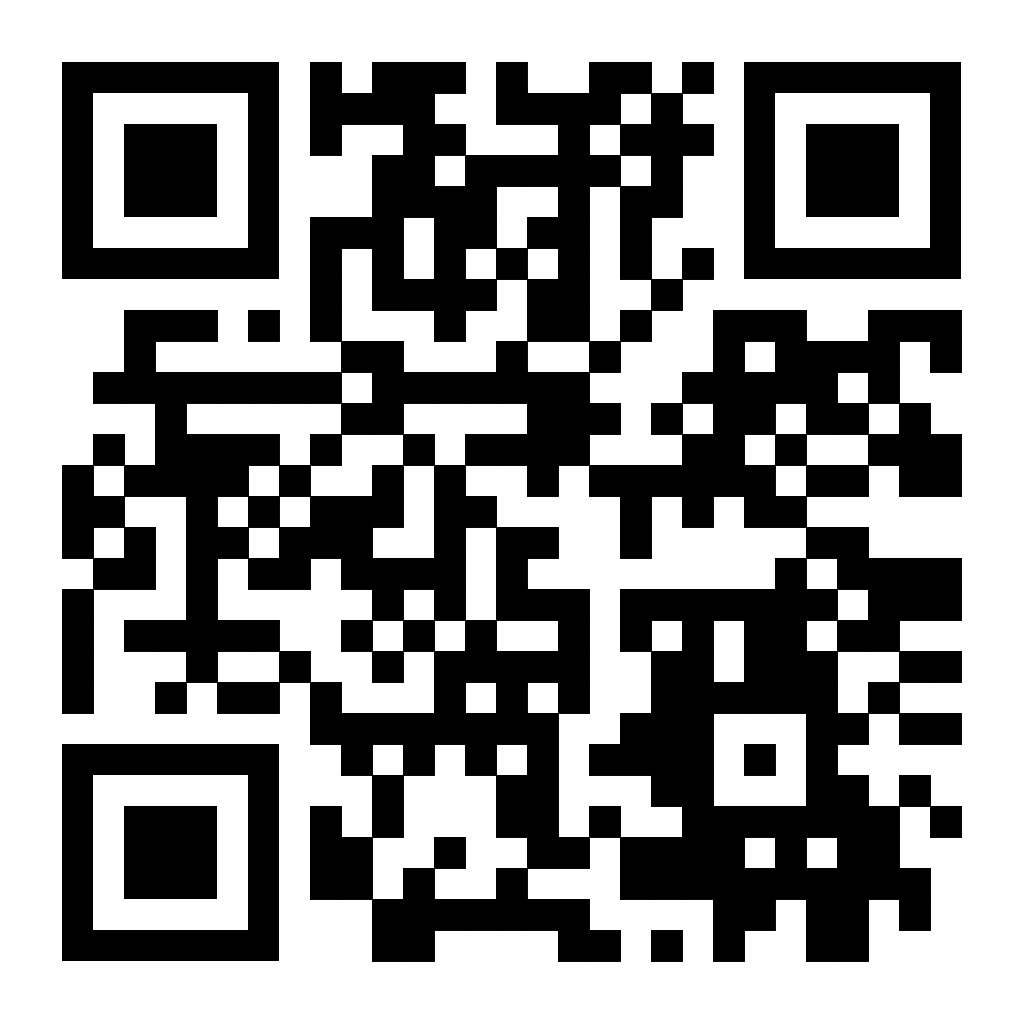The Future of MedEd: Chatbots, AI, and Personalized Learning
Are you curious about how artificial intelligence and chatbots are revolutionizing continuing medical education (CME) and transforming the way clinicians learn?
As a CME professional, you constantly seek innovative ways to create engaging and effective educational experiences for your clinician audience. Staying up-to-date with the latest technological advancements, such as AI and chatbots, is crucial to address the specific knowledge gaps and practice needs of busy healthcare providers.
This episode will provide valuable insights on using these cutting-edge tools to enhance your CME programs.
1. Discover how AI-powered chatbots can provide clinicians with personalized, real-time answers to their clinical questions, while seamlessly integrating with validated educational content.
2. Learn how to use data from chatbot interactions to identify knowledge gaps, trending topics, and urgent educational needs, enabling you to create more targeted and impactful CME programs.
3. Gain a deeper understanding of the future of AI in CME, including the potential of machine learning to predict learner gaps and deliver need-specific education, as well as the challenges and opportunities of using generative AI to create customized content.
Tune in to hear Alana Brody MBA, CHCP, Executive Director, Vice President of Strategic Educational Design, and David Setiadi, Chief Technology Officer at Projects in Knowledge Powered by Kaplan, share their expertise on how AI and chatbots can help you create cutting-edge, engaging, and effective CME experiences for your clinician audience!
Takeaways
1. It’s possible to use AI-powered chatbots in your CME programs to provide clinicians with a quick and reliable way to get their clinical questions answered at the point of care. Over time, you can build and maintain a cycle of trust with clinicians, ensuring they can rely on the technology for efficient and effective patient care.
2. You can use data from chatbot interactions to gain valuable insights into your learners’ knowledge gaps, educational needs, and trending topics.
3. Pay attention to copyright compliance and privacy. To safeguard the rights of original publishers, you’ll need to verify that the information provided through chatbots is copyright compliant and establish protocols to ensure that all learner data is deidentified to ensure privacy.
Connect with Alana
Timestamps
0:00 Introduction
01:54 Exploring what chatbots are and how they have entered the CME space
02:47 How chatbots compare with other point-of-care tools
04:30 Lifting the hood into the processes they use to send the learner in the right direction
06:01 The continuous process of updating all the content
06:39 How they’re using the data gathered
09:40 User engagement and interaction with chatbots
12:23 The ecosystem: how they pull learners in, analyzing qualitative data and privacy
16:36 How learners find the chatbot
20:06 How they handle volumes of qualitative data
23:08 The future of the chatbot: Traditional AI vs Generative AI
29:11 Final thoughts: Leveraging AI for personalized learning in CME
32:20 Key takeaways from episode 116
Subscribe to the Write Medicine podcast!
Don’t forget to subscribe to the Write Medicine podcast for more valuable insights on continuing medical education content for health professionals. Click the Follow button and subscribe on your favorite platform.


































